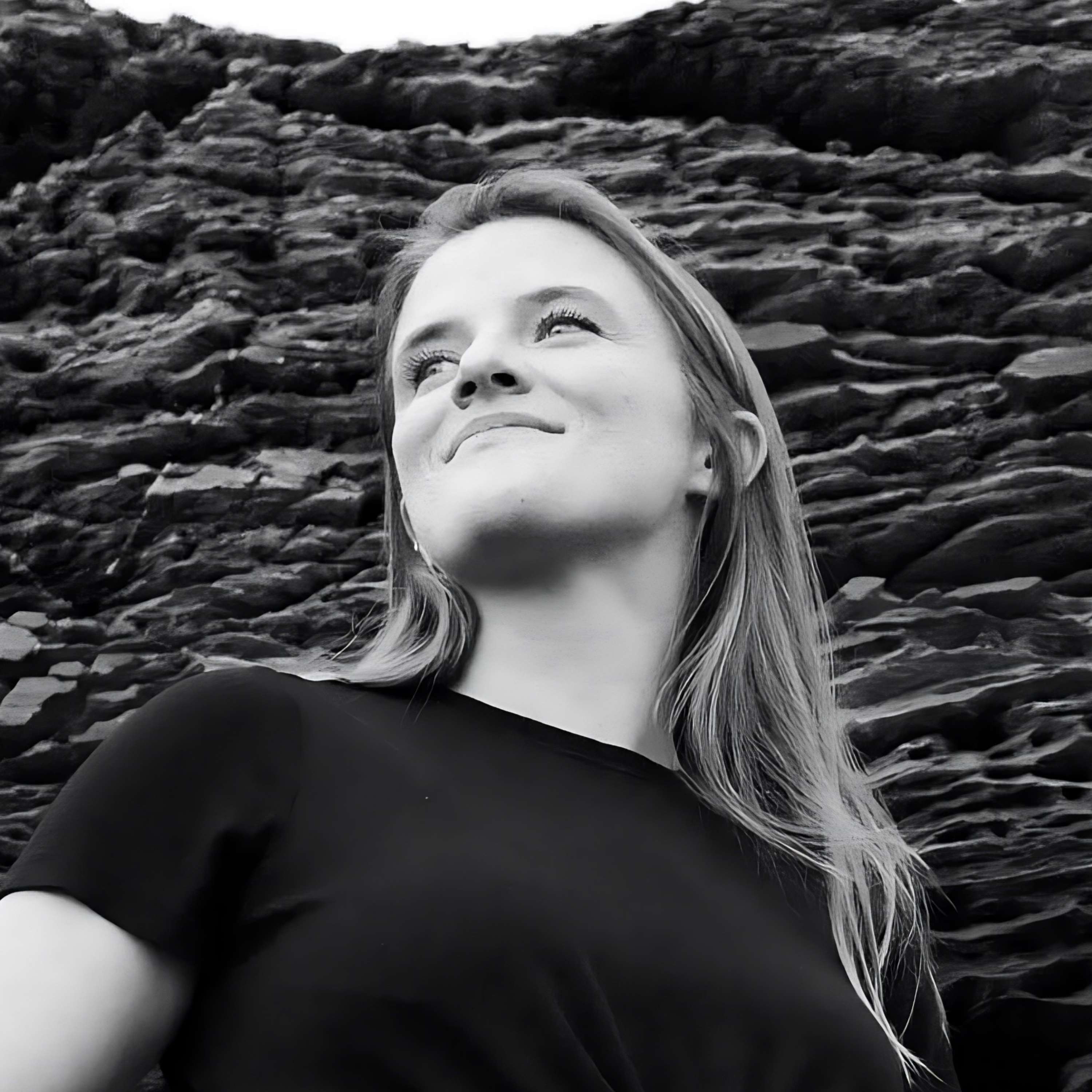
#208 – Elizabeth Cox on the case that TV shows, movies, and novels can improve the world

80,000 Hours Podcast
Chapters
Shownotes Transcript
"I think stories are the way we shift the Overton window — so widen the range of things that are acceptable for policy and palatable to the public. Almost by definition, a lot of things that are going to be really important and shape the future are not in the Overton window, because they sound weird and off-putting and very futuristic. But I think stories are the best way to bring them in." — Elizabeth Cox
In today’s episode, Keiran Harris speaks with Elizabeth Cox — founder of the independent production company Should We Studio) — about the case that storytelling can improve the world.
Links to learn more, highlights, and full transcript.)
They cover:
- How TV shows and movies compare to novels, short stories, and creative nonfiction if you’re trying to do good.
- The existing empirical evidence for the impact of storytelling.
- Their competing takes on the merits of thinking carefully about target audiences.
- Whether stories can really change minds on deeply entrenched issues, or whether writers need to have more modest goals.
- Whether humans will stay relevant as creative writers with the rise of powerful AI models.
- Whether you can do more good with an overtly educational show vs other approaches.
- Elizabeth’s experience with making her new five-part animated show *Ada *— including why she chose the topics of civilisational collapse, kidney donations, artificial wombs, AI, and gene drives.
- The pros and cons of animation as a medium.
- Career advice for creative writers.
- Keiran’s idea for a longtermist Christmas movie.
- And plenty more.
Material you might want to check out before listening:
- The trailer) for Elizabeth’s new animated series* *Ada) — the full series will be available on TED-Ed’s YouTube channel) in early January 2025
- Keiran’s pilot script) and a 10-episode outline) for his show Bequest, and his post about the show on the Effective Altruism Forum)
Chapters:
- Cold open (00:00:00)
- Luisa's intro (00:01:04)
- The interview begins (00:02:52)
- Is storytelling really a high-impact career option? (00:03:26)
- Empirical evidence of the impact of storytelling (00:06:51)
- How storytelling can inform us (00:16:25)
- How long will humans stay relevant as creative writers? (00:21:54)
- Ada (00:33:05)
- Debating the merits of thinking about target audiences (00:38:03)
- Ada vs other approaches to impact-focused storytelling (00:48:18)
- Why animation (01:01:06)
- One Billion Christmases (01:04:54)
- How storytelling can humanise (01:09:34)
- But can storytelling actually change strongly held opinions? (01:13:26)
- Novels and short stories (01:18:38)
- Creative nonfiction (01:25:06)
- Other promising ways of storytelling (01:30:53)
- How did Ada actually get made? (01:33:23)
- The hardest part of the process for Elizabeth (01:48:28)
- Elizabeth’s hopes and dreams for Ada (01:53:10)
- Designing Ada with an eye toward impact (01:59:16)
- Alternative topics for Ada (02:05:33)
- Deciding on the best way to get Ada in front of people (02:07:12)
- Career advice for creative writers (02:11:31)
- Wikipedia book spoilers (02:17:05)
- Luisa's outro (02:20:42)
Producer: Keiran HarrisAudio engineering: Ben Cordell, Milo McGuire, Simon Monsour, and Dominic ArmstrongContent editing: Luisa Rodriguez, Katy Moore, and Keiran HarrisTranscriptions: Katy Moore
